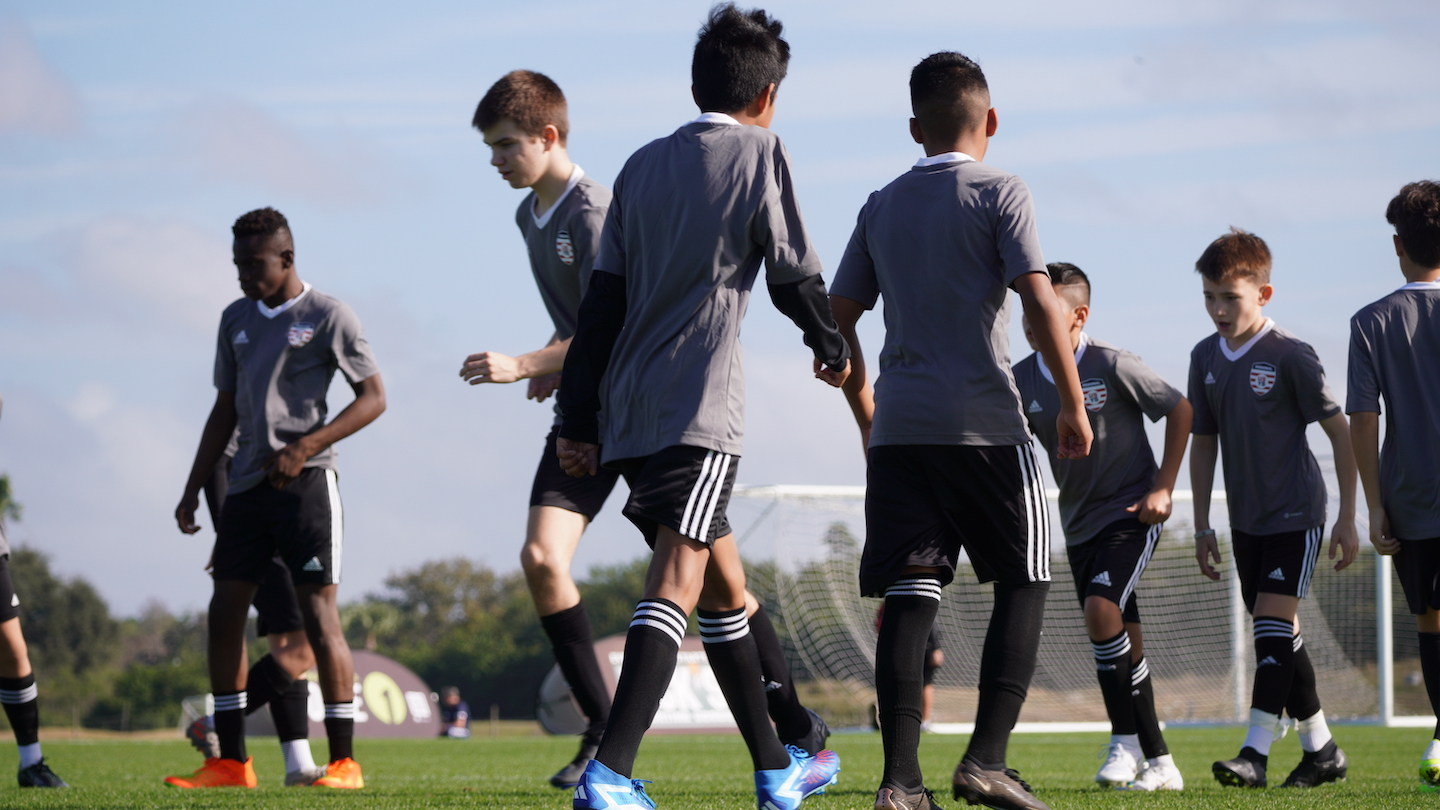I have written numerous articles recently on player development and the curse of the win-at-all-costs mentality. It is slightly scary that when I talk with other technical directors around the country, it is the very same topics that they also write most frequently about. The same message regarding player development, a possession-based approach to playing the game, and teaching players the skills of the game before stressing about the win-loss record is echoed by U.S. Soccer, US Youth Soccer, United Soccer Coaches and all other youth soccer organizations across the country.
With the message being repeated so frequently by so many experts in the game, it is very sad that so seem to be doing the most appropriate thing. There are many who pretend too, who play a few passes in the attacking third and hide behind the win-loss records. These coaches along with parents who pressure them to play this way are developmental impostors. They play a style of direct soccer that is based around having a few athletes with pace and strength. They go quickly from back to front and are not really interested in player development at all.
As a coach who still works with teams on a regular basis, to go a whole season with a team playing more than 15 games and to play only one team that is really attempting to develop players is really disappointing. To be told by so many “professional trainers”
“Coach we get it but if we play the right way, the parents will demand a new coach as we may lose.”
Is truly an indicator that a number of parents within the group are only interested in winning. They pressure the kids and the coaches to play in a style that means only a few develop and the vast majority are destined to stop playing by high school. There is no gray here, you are either part of the solution or the problem.
For those confused and even more to expose those who look to confuse others by stressing the wins as an indicator of player development, I suggest ALL use the areas of development and the key indicators below as a means to truly get a picture of the type of team your son or daughter is playing on.
Each time your team plays a competitive game record the key indicators below:
1. Number of quality first touches that allow the player to keep the ball.
2. Number of passes completed.
3. Number of passes in a string (average and max).
4. Number of times GK attempted to play out of back and build through possession.
5. Number of times players attempted to take players on 1v1.
6. Number of times the team attempted to switch the point of attack.
7. Number of times that you see a definite change in shape from a big attacking shape to a more compact defensive shape.
In addition to the game indicators listed above, you can also consider the best practice criteria listed below:
1. Sessions completely absent of LAPS, LINES AND LECTURES
2. Sessions full of ball-related activities.
3. Sessions where players are at the center of the action. They get to think, solve problems, experiment try and fail.
4. Economical Sessions: Wherein the activities used have a technical, tactical, physical and psycho-social piece embroidered into their foundation.
5. Sessions where a possession-based approach to attacking with all players encouraged to master the fundamental skills of passing and receiving is at the core of all ball work.
6. Sessions full of well-designed questions used to elicit high-level thinking from the players.
7. Sessions devoid of elimination games where the weakest player is knocked out first and forced to watch the stronger kids play.
8. Sessions with lots of activity and brief breaks where they play more than they stand around.
To seal the deal and to ascertain without a shadow of a doubt that your child is truly in the care of a coach that is deeply concerned about player development, the following coaching habits should be frequently displayed:
1. A coach who asks questions and guides players to think for themselves.
2. A coach who stresses that effort is applauded ABOVE ALL.
3. A coach who encourages players to compete honestly and fairly at all times.
4. A coach who treats players with respect at all times and demands that his players treat all in the same manner.
5. A coach who is able to give specific and accurate feedback in a way that helps players improve.
6. A coach who firmly and unwaveringly puts player development before winning.
7. A coach who believes that their primary aim is to produce a lifelong love for the game and sport. The by-product is soccer excellence.
8. A coach who inspires his/her players to always give their very best effort and to also enjoy the process.
By 12 years of age, a truly developmental team will be scoring well in all categories above. If this is the case your child is in good hands, and you have managed to find one of the rare coaches who truly can develop your child. Hang on to these environments because in all honesty, they are a rare find.








